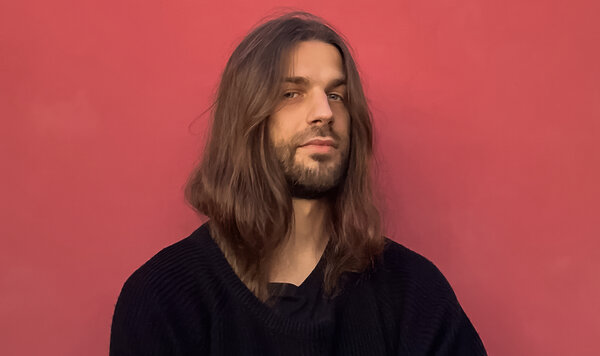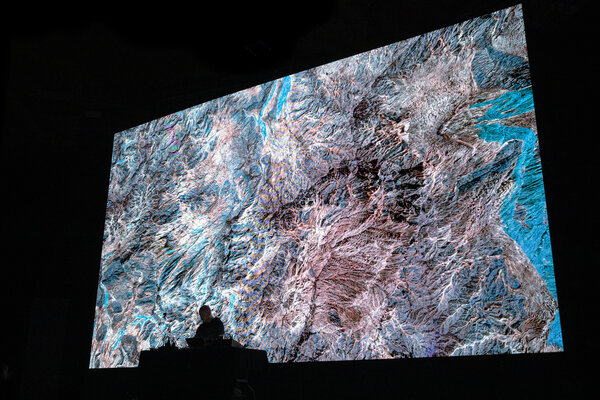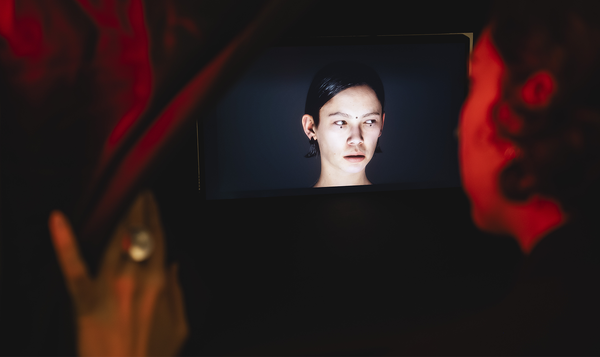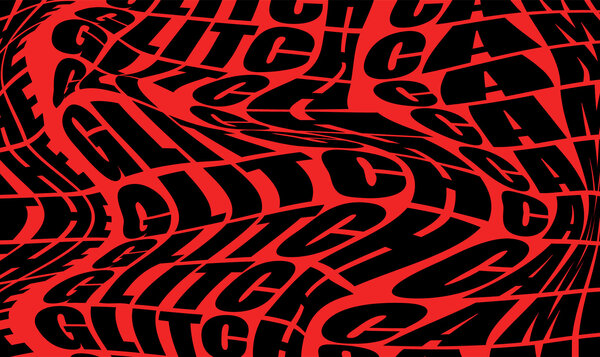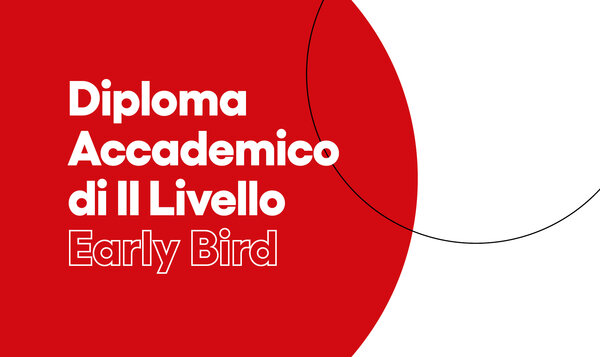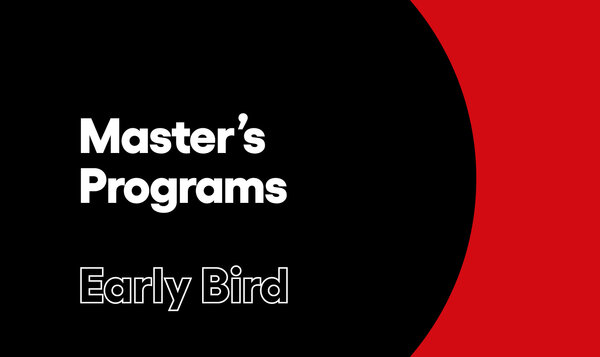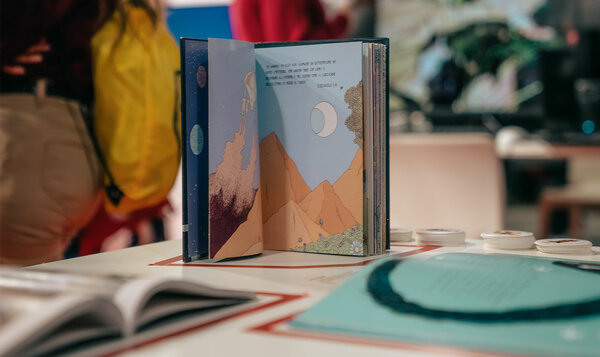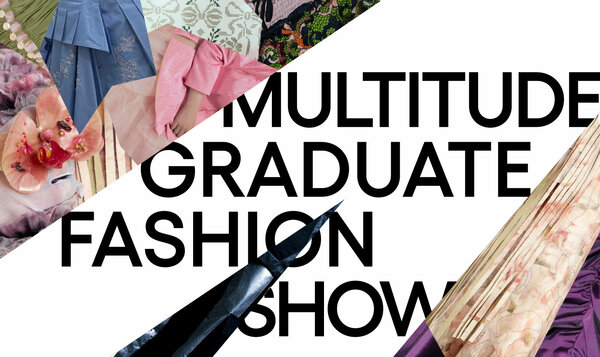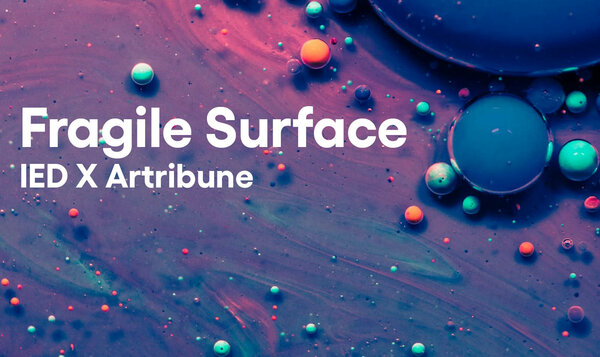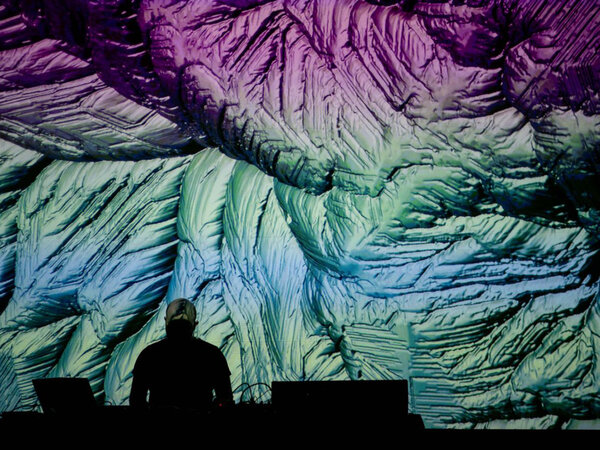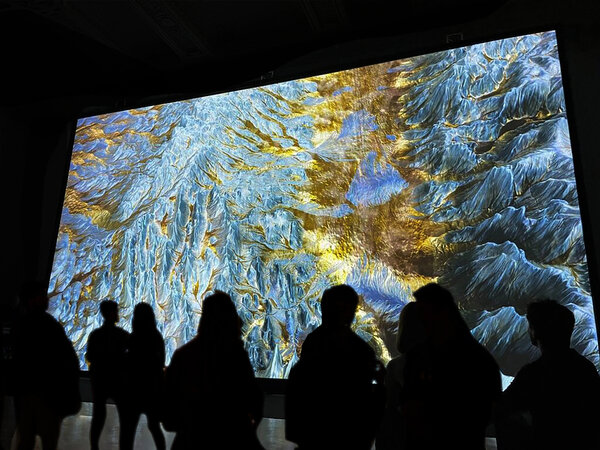From interactive installations to real-time visuals, the fusion of art and technology is opening new paths for creative professionals.
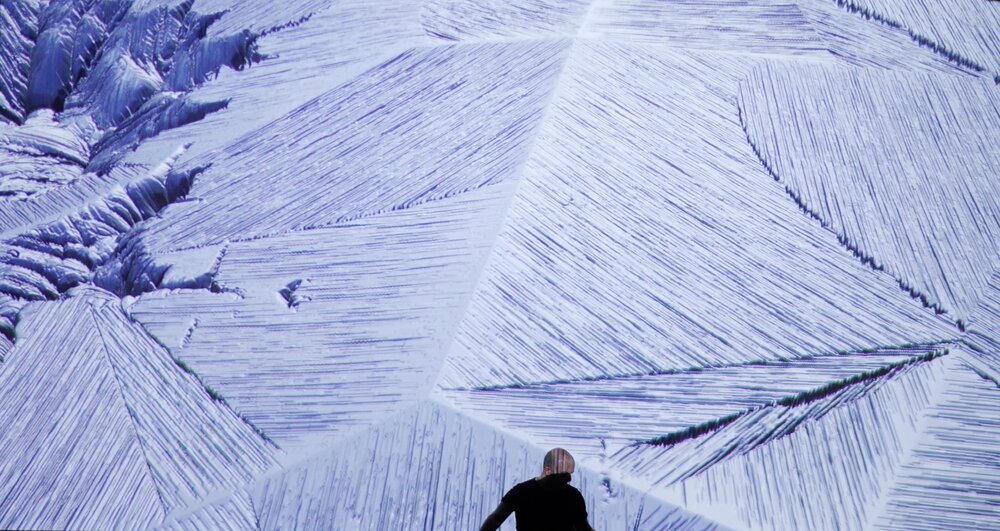
Immersive Spaces: from visual environments to interactive installations
Date
09 June 2025
To explore this professional landscape, Franz Rosati, Coordinator of the Master in Immersive Spaces at IED Roma, has selected a series of standout projects developed by faculty members of the course.
These examples show how artists, designers, and developers are using audiovisual tools, coding environments, and spatial design to shape powerful sensory experiences that engage the public in new ways.
If you're passionate about the intersection of creativity, interactivity, and technology, the Master in Immersive Spaces offers you a space to learn how to imagine and build the immersive experiences of tomorrow.
Explore the selected projects below.
Artpoint - Franz Rosati
Franz Rosati has been collaborating for years with Artpoint, a Paris-based agency dedicated to bringing digital art into public spaces through large-scale displays and screens. His works reinterpret the relationship between technology, art, and space, turning digital installations into living systems that respond to the environment and audience presence.
Immersive Visuals for Dour Festival - Daniele Imani Nobar
For the latest edition of Dour Festival, Daniele Imani Nobar developed an immersive visual experience to accompany the DJ sets of Amelie Lens and Milo Spykers. The performance, created with Visual Artist Deborah Mora, utilized a circular LED wall setup and featured real-time improvisation of found footage. A custom-designed tool allowed the artists to manipulate visuals live, dynamically responding to the rhythm and intensity of the music.
Re:Humanism - Daniela Cotimbo
Founded by curator Daniela Cotimbo, Re:Humanism is a platform exploring the intersection of contemporary art and emerging technologies, with a strong focus on artificial intelligence. Its core initiative is a biennial international award, supporting artists working with advanced tech. Alongside the prize, Re:Humanism promotes exhibitions, workshops, public programs, and critical discourse around the role of AI in artistic production.
Immersive Visuals for Shelter Club, Amsterdam - Deborah Mora
At Shelter Club in Amsterdam, Visual Artists regularly collaborate with the venue’s musical lineup to create immersive experiences using LED walls. One such project, created in collaboration with Deborah Mora, involved the manipulation of selected video clips based on movement quality. Through a complex chain of visual effects, the content was transformed into a synesthetic display that synchronized with the rhythm of the performances, enriching the sensory experience of the audience.
